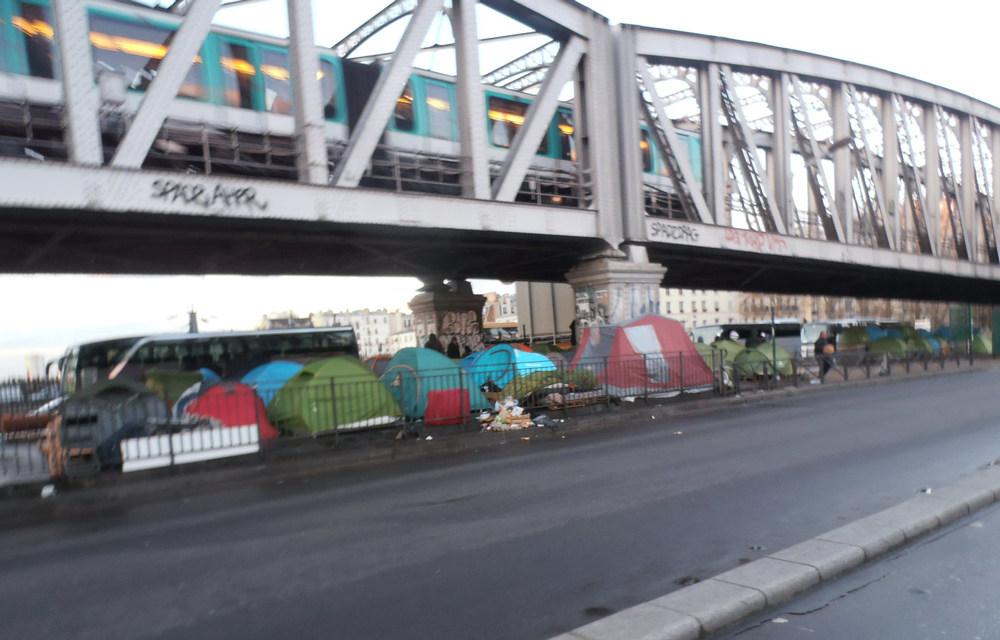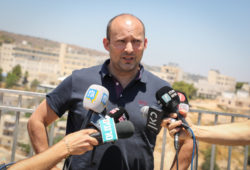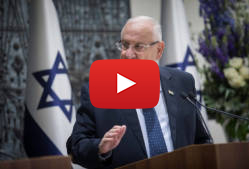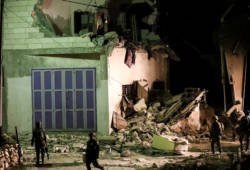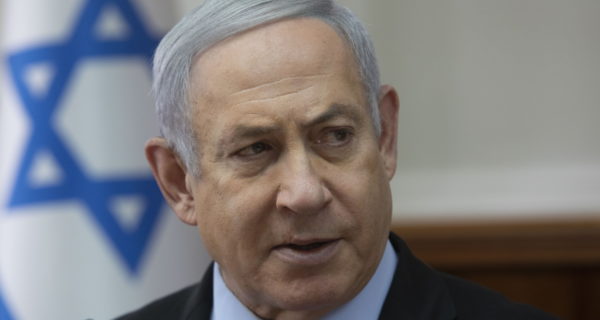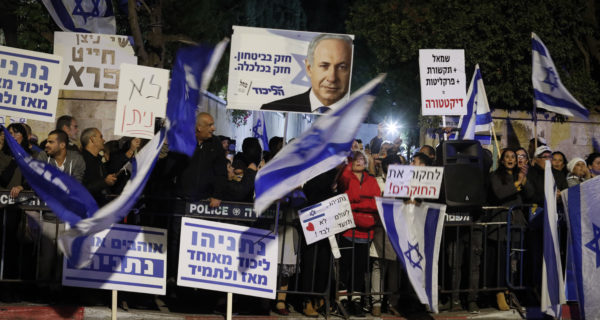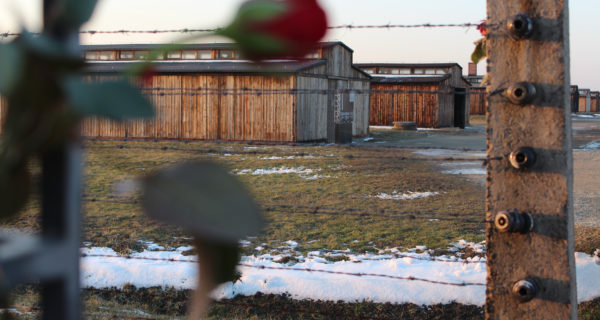In this mailing:
- Bruce Bawer: Fourteen Years after Cartoon Crisis, Norway again Knuckles Under to Islam
- Amir Taheri: Iran and the Ayatollah's Fake Suicide-Belt
by Bruce Bawer • November 24, 2019 at 5:00 am
While one can hardly imagine the Pakistani government responding to Norwegian pressure to stop oppressing Ahmadiyya Muslims, Hindus, women, gays, and so on, Pakistan has not hesitated to complain about developments in Norway that offend its delicate cultural sensibilities.
So it was that the representative of a purportedly free country fell all over himself assuring officials of an "Islamic Republic" that, at least when Islam is in the picture, freedom of speech and of assembly in Norway have their limits.
Once again, alas, it appears that when the exercise of fundamental Norwegian freedoms causes offense, the powers that be in Norway have no hesitation about choosing the wrong side.

While one can hardly imagine the Pakistani government responding to Norwegian pressure to stop oppressing Ahmadiyya Muslims, Hindus, women, gays, and so on, Pakistan has not hesitated to complain about developments in Norway that offend its delicate cultural sensibilities. Pictured: The Embassy of Pakistan in Oslo, Norway, photographed on May 2, 2013. (Image source: Sefirmelk/Wikimedia Commons)
There has long been what you might call a "special relationship" between Norway and Pakistan. Although they have since been overtaken statistically by Somalis, Iranians, and Iraqis, Pakistanis used to be the major Muslim immigrant group in Norway. The area around the city of Kharian in the Punjab is even known as "Little Norway" because so many people from this region have settled in Norway. Indeed, many of those folks from Kharian, having made a bundle on Norwegian welfare payments or by driving cabs in Oslo, running kebab joints, or whatever, have built veritable palaces back home. They come complete with servants (or near-slaves), and are the principal residences of some of their wives and children and where they themselves spend months at a time.
by Amir Taheri • November 24, 2019 at 4:00 am
To hammer the claim that the uprising threatened national security, the regime fomented a sense of insecurity. The state-controlled media ran identical reports, concocted by a "star-chamber" of propagandists, about shopping malls and supermarkets being looted, bank branches robbed and set on fire. They also claimed that "foreign agents and killers" had organized and led the protests.
However, like all other slogans used by the Khomeinist elite in the past 40 years, the "security" slogan is based on a pack of lies.
It is interesting that even the cutting of the internet, a government decision, is imputed to protesters.
In this opinion, however, Khamenei's "suicide-belt" is as fake as everything else in a regime that has lost the confidence of the people.

Having failed in everything else, Ayatollah Ali Khamenei is now trying to cast himself as the sole guarantor of security for Iranians, implicitly threatening them with a "Syria-like" tragedy. (Image source: khamenei.ir)
Like other totalitarian ideologies, from its murky beginnings in the 1960s, Khomeinism, has tried to encapsulate its raison d'être in a single word.
The first word, used against the Shah's reforms including equality for women and land for landless peasants, was "mashru'eh", supposed to symbolize the primacy of religious law over manmade legislation.
In the early 1970s, the ayatollah adopted another word: "Islam". He claimed he would not allow "one word more or one word less."
By the late 1970s, the magic word had been replaced with "enqleab" that, in Persian, means "revolution". Soon, however, the word lost all meaning as an emerging nomenclature replaced the ousted ruling elites and started behaving worse than the fallen regime.
|
|
|

